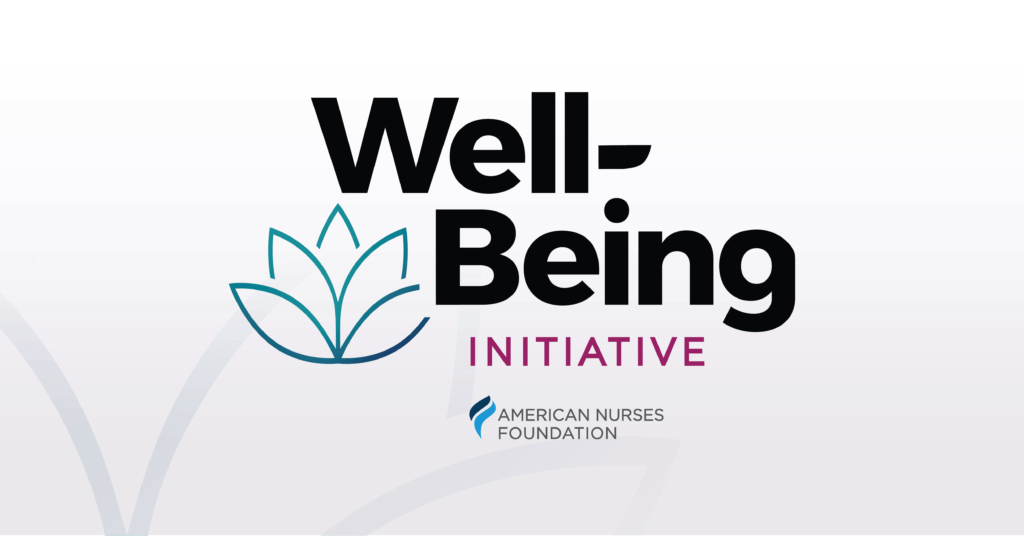From Trauma to Post Traumatic Growth
By: Tim Cunningham, RN, DrPH, FAAN Vice President, Practice & Innovation Emory Healthcare Adjunct Assistant Professor, Nell Hodgson Woodruff School of Nursing Emory University
There is really no way around it: we are surrounded by trauma.
Right now, three major traumas are affecting our world and our profession:
- The acute-on-chronic reminders of the racial injustice that has plagued the U.S. since its founding (chronic); and the now critical, political and social landscape in response to the murders of aspiring nurse Breonna Taylor, George Floyd, Rayshard Brooks, and Ahmaud Arbery (acute) combine to re-awaken deep wounds.
- The COVID-19 pandemic, as case numbers once again surge in states across the country.
- The “normal” traumas that we witness every day at work (secondary trauma) while caring for those who are suffering.
All of these traumas affect us. They are heavy, and they become engrained in our hearts, minds and bodies. They shape who we are. They can harm us, but they can also make us stronger.
There is much research on the negative effects of trauma in relation to Post-Traumatic Stress Disorder (PTSD). Symptoms like emotional numbness, flashbacks, depressive thoughts, increased anxiety and worst of all—suicidal ideation—can surface because of trauma. Symptoms of PTSD are real, and they should be monitored, recorded, and treated. If you are feeling symptoms, please know that you are not alone and there is help.
What is less frequently discussed (and is arguably as important) are the positive symptoms that can arise from trauma—collectively called “Post Traumatic Growth” (PTG). Those who experience Post Traumatic Growth report increased mental strength, closer relationships, a greater appreciation for life, spiritual growth, and a desire to seek new experiences. Do any of these effects ring true for you?
PTG offers us the ability to recognize how we have become stronger in response to traumatic episodes. We hear stories of solidarity and camaraderie that arise from shared traumatic experiences. These can—and should—be celebrated!
In 2015, I worked as a front-line nurse during the West Africa Ebola outbreak in Sierra Leone. I witnessed extreme suffering, countless deaths and profound stigma against healthcare workers in both West Africa and back home in the U.S. The traumas were relentless, and I still have flashbacks. At the same time, I now have a group of colleagues–comrades really—who I know I can rely on for anything (closer relationships); I better understand my ability to care for dying people under extreme pressure (mental strength) and without a doubt, I have a huge appreciation for life. I often reflect on how that trauma caused great suffering—but also led to great growth.
During this time, I urge you to consider the positive aspects of your own PTG. As you care for yourself, your colleagues and your patients, do your best to appreciate the strength and growth that is happening alongside the grief and stress. Because of the traumas we are facing, we are becoming stronger, better nurses—and human beings, too.
For virtual support and well-being resources designed by nurses for nurses, visit the American Nurses Foundation’s Well-Being Initiative.



Sorry, the comment form is closed at this time.